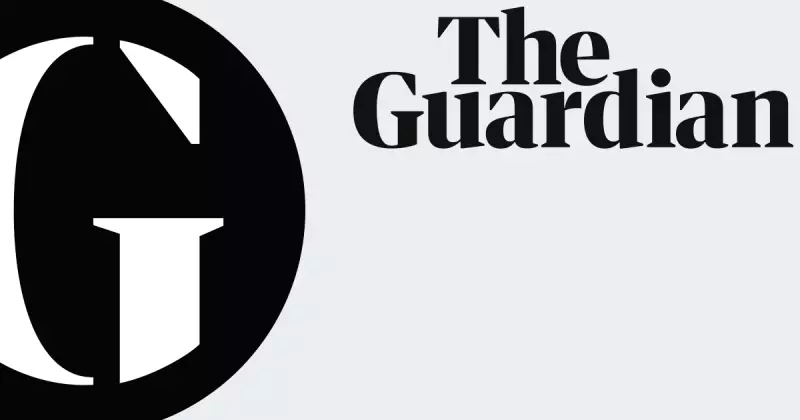
The political landscape of Britain is undergoing a seismic shift, and at the epicentre stands Nigel Farage with his controversial economic doctrine that's being dubbed 'Faragenomics'. This isn't just another political philosophy—it's a fundamental challenge to the economic orthodoxy that has dominated Westminster for decades.
What Exactly is Faragenomics?
Faragenomics represents a radical departure from traditional economic thinking, blending elements of economic nationalism with free-market principles. At its core lies a rejection of what Farage describes as 'the failed consensus' that has guided both Conservative and Labour governments.
The doctrine emphasises several key pillars that are causing both excitement and alarm across the political spectrum:
- Sovereign economic control beyond Brexit
- Dramatic deregulation of British businesses
- Radical tax reform targeting both personal and corporate taxation
- Reshaping Britain's trade relationships globally
Why Westminster is Taking Notice
What makes Faragenomics particularly potent in today's political climate is its timing. With the Conservative Party struggling to define its post-Brexit identity and Labour facing internal divisions, Farage's clear, uncompromising vision is attracting attention from disillusioned voters across traditional party lines.
'This isn't just about economic policy,' explains one Westminster insider. 'It's about capturing the mood of a significant portion of the electorate who feel left behind by the current political establishment.'
The Potential Impact on British Politics
The rise of Faragenomics could fundamentally reshape the political battlefield. The Reform UK party, under Farage's influence, is positioning itself not just as a protest vehicle but as a serious contender with a coherent economic alternative.
Political analysts suggest this development might:
- Force the Conservative Party to move further right on economic issues
- Create new dividing lines in British politics beyond the traditional left-right spectrum
- Appeal particularly to younger voters disillusioned with the status quo
- Challenge Labour's attempt to position itself as the party of economic stability
What the Future Holds
As the next general election approaches, the influence of Faragenomics is likely to grow. Whether it becomes a lasting force in British politics or a temporary phenomenon remains to be seen, but one thing is clear: Nigel Farage has once again succeeded in setting the political agenda and forcing his opponents to respond to his terms.
The battle for Britain's economic future has found a new frontier, and Faragenomics is at the heart of the conflict.





